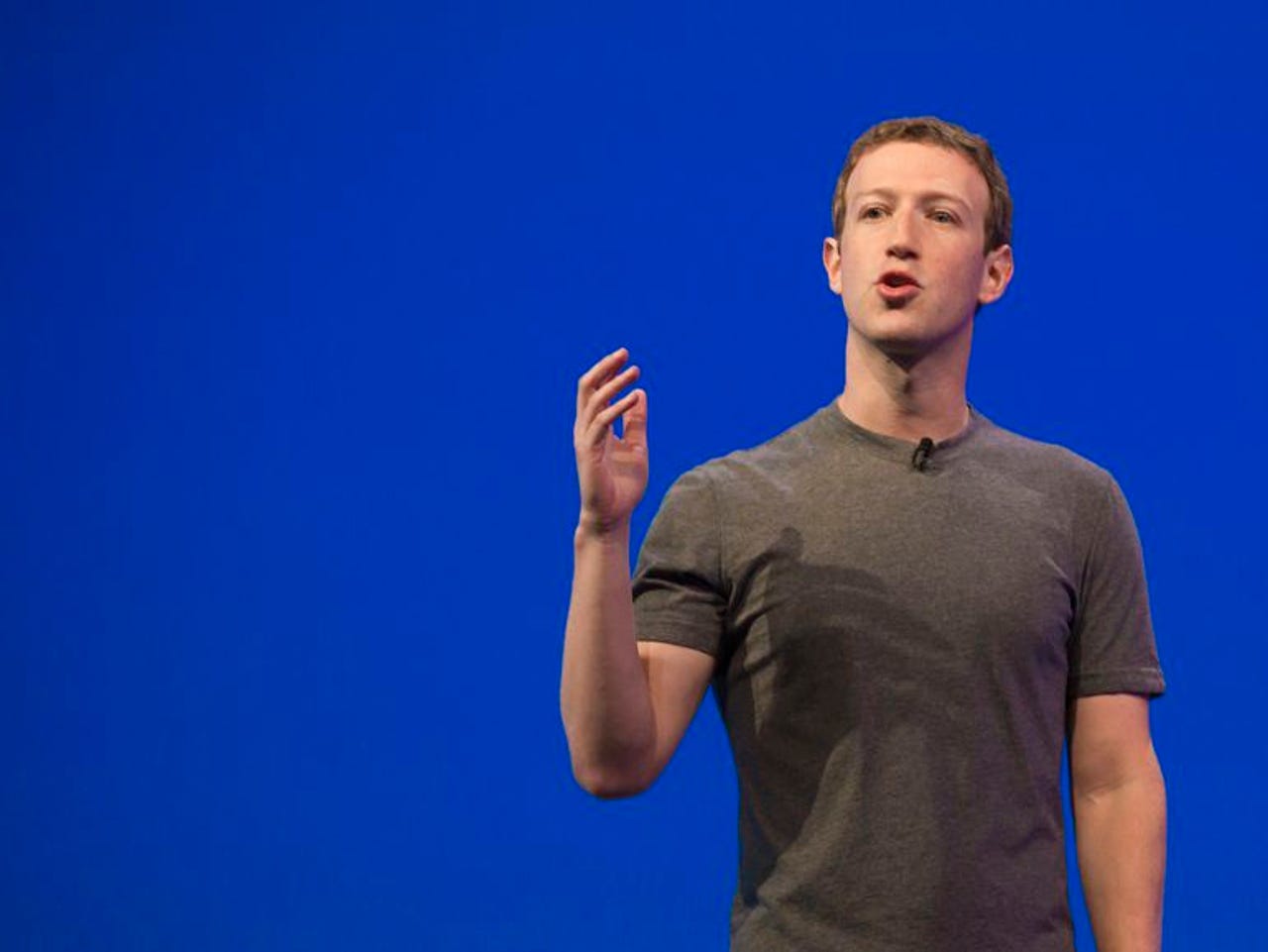Zuckerberg under fire: 'Facebook wrong to censor famous Vietnam pic of napalm child'

CEO Mark Zuckerberg stands accused of abusing his power over Facebook's censorship of a Vietnam war image.
Norway's prime minister on Friday joined criticism of Facebook for removing a famous photograph taken during the Vietnam war of a naked girl fleeing in the aftermath of a napalm strike.
Aspen Egil Hansen, editor-in-chief of Norway's largest newspaper, Aftenposten, today published an open letter to Facebook CEO Mark Zuckerberg, accusing him and the company of behaving in an "authoritarian way" after it deleted a post containing the iconic Vietnam war photo by Nick Ut.
The photo accompanied a feature by Norwegian writer Tom Egeland highlighting seven photos that "changed the history of warfare". Appropriately, the collection included Ut's Pulitzer-prize winning photograph of terrified nine-year-old Kim Phuc.
According to Hansen, Facebook suspended Egeland's account after he posted a criticism of the decision.
"Listen, Mark, this is serious. First you create rules that don't distinguish between child pornography and famous war photographs," Hansen wrote.
"Then you practice these rules without allowing space for good judgement. Finally you even censor criticism against and a discussion about the decision, and you punish the person who dares to voice criticism."
Hansen goes on to accuse Zuckerberg of "abusing your power" and that Facebook's decision prevented him from exercising his editorial duty and responsibility, which "should not be undermined by algorithms encoded in your office in California."
Norway's prime minister, Erna Solberg, added to the criticism, posting the photograph on her own timeline, although the image and her criticism has since vanished, Reuters reported.
"Facebook gets it wrong when they censor such pictures. It limits the freedom of speech," Solberg wrote. "I say yes to healthy, open and free debate, online and wherever else we go. But I say no to this form of censorship."
Facebook acknowledged that the photo is historic, but said it can't create exceptions to its policy against images of nude children.
"While we recognize that this photo is iconic, it's difficult to create a distinction between allowing a photograph of a nude child in one instance and not others," Facebook said in a statement to Reuters.
"We try to find the right balance between enabling people to express themselves while maintaining a safe and respectful experience for our global community. Our solutions won't always be perfect, but we will continue to try to improve our policies and the ways in which we apply them."
That answer is probably unsatisfactory for Hansen, who said Facebook's failure to distinguish between child pornography and documentary photography "will simply promote stupidity".
The incident follows controversy over a recent Gizmodo report that Facebook's "trending stories" editors were biased against conservative news.
Hansen called for Facebook to implement "geographically differentiated guidelines" for Facebook and distinguish between news editors and general Facebook users.
"Editors cannot live with you, Mark, as a master editor," Hansen wrote.
MORE ON FACEBOOK
- Facebook's AI lab open sources bot-building library and research
- Facebook's internet drone Aquila takes flight
- Social Nature connects marketers with influencers to beat Facebook's algorithm
- Facebook's mobile device lab lets it test code on thousands of phones at once
- Facebook loses Africa broadband satellite in SpaceX launch explosion
- Facebook to advertisers: Speed up your mobile site or risk losing clicks
- TechRepublic: Facebook Messenger boosts privacy with end-to-end encryption, self-destructing messages
- CNET: Facebook changes Trending Topics after criticism
